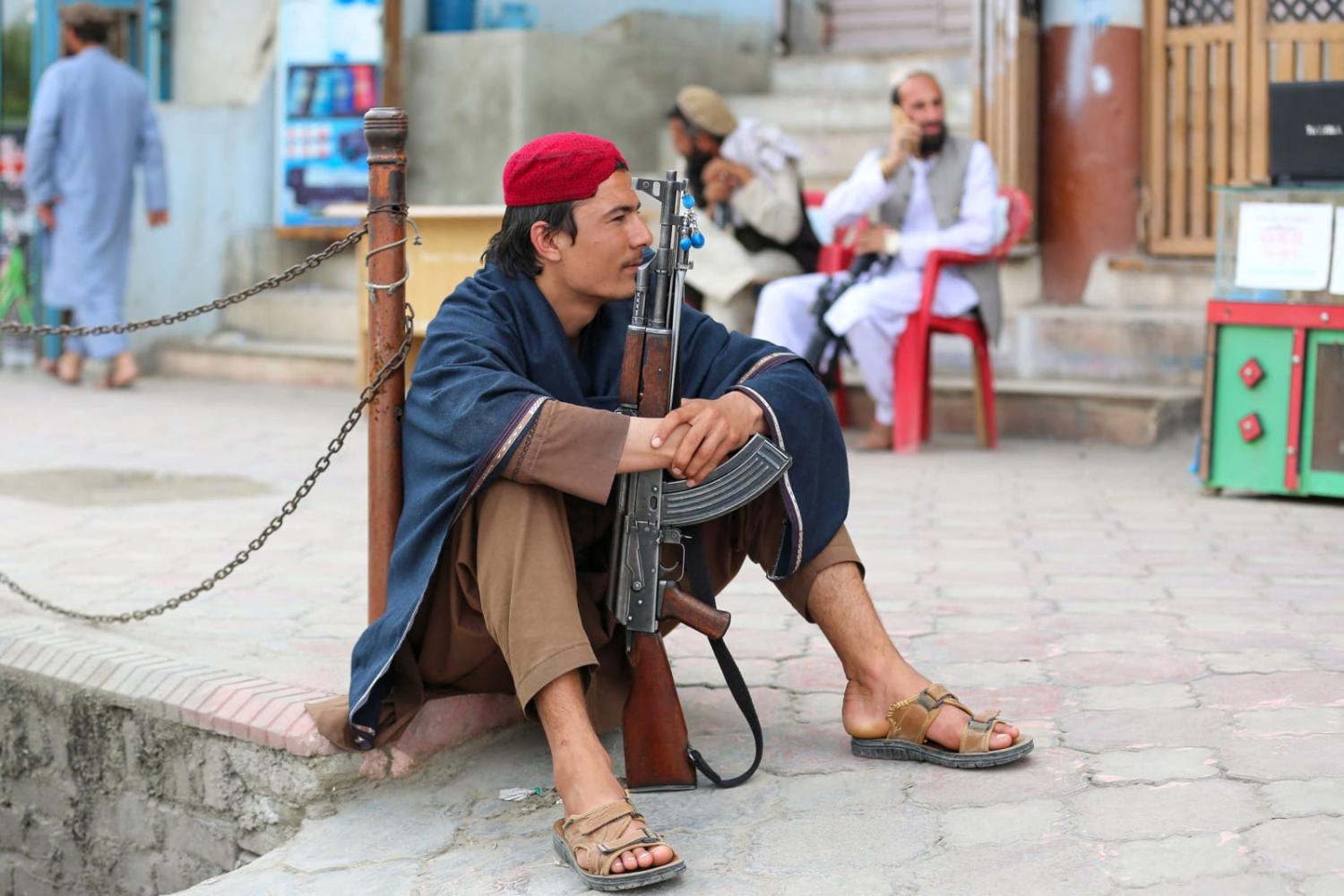The basic needs of Afghans cannot be ignored.

The Taliban is here to stay. The question that follows for the international community is what’s next. Recognise “facts on the ground”, or not?
World powers, particularly those in the democratic bloc, are wary of being seen to abet a regime premised on the denial of basic human rights. If the international backlash against the recognition of the Taliban is any indication, a diplomatic acknowledgement continues to remain off the table. Any provision of financial aid delivered to struggling Afghans runs the risk of indirectly emboldening and supporting the Taliban.
But in the 1990s, when the Taliban was last in power, humanitarian aid kept afloat whatever little health, educational and nutritional support was provided in the country. The need then was to focus on the “survival rights” of Afghans.
That need is true today. Upholding the economic rights of the Afghans does not imply recognition of the Taliban. Instead, it should entail a focus on reviving the economic structures of Afghanistan through regulated and internationally monitored measures to help make aid delivery cost-effective, efficient and sustainable.
There are steps that the world could take that do not entail formal diplomatic recognition of the regime. This could involve providing limited, targeted assistance to local stakeholders. The restoration of the Da Afghanistan Bank, for example, could be undertaken with international oversight. This may even convince the Taliban to see dialogue as useful.
The world made mistakes in 2002. But the Taliban’s return to power two decades later does not mean those mistakes should be compounded. While the option of international recognition remains a non-starter, proffering wilful ignorance about the situation in the country is not sustainable. Evidence of direct engagement with the Taliban by countries such as China and Pakistan reflect a gradual adaptation to the enduring reality. While this may help mitigate the impacts of economic and diplomatic isolation for the Taliban, these engagements are not alone sufficient to diminish the international chorus that demands greater accountability and responsibility from the Taliban, which also includes those directly engaging like China itself.
Better to privilege actions that attend to the basic needs of Afghans. Engaging with the Taliban may prevent a humanitarian disaster in Afghanistan, which could have widespread international ramifications. And it may also open some precious space for further negotiations.
